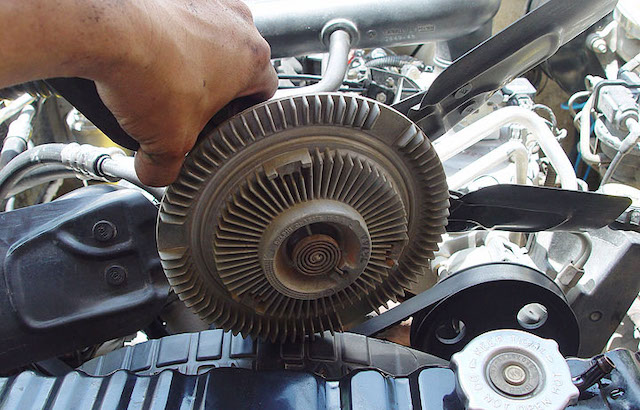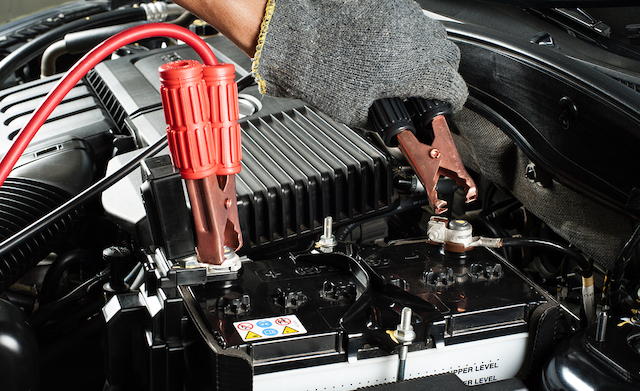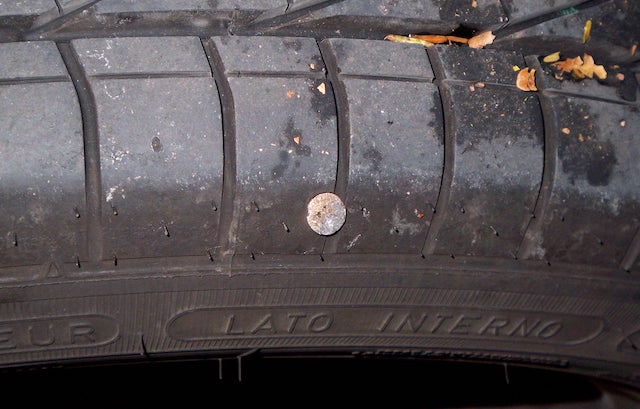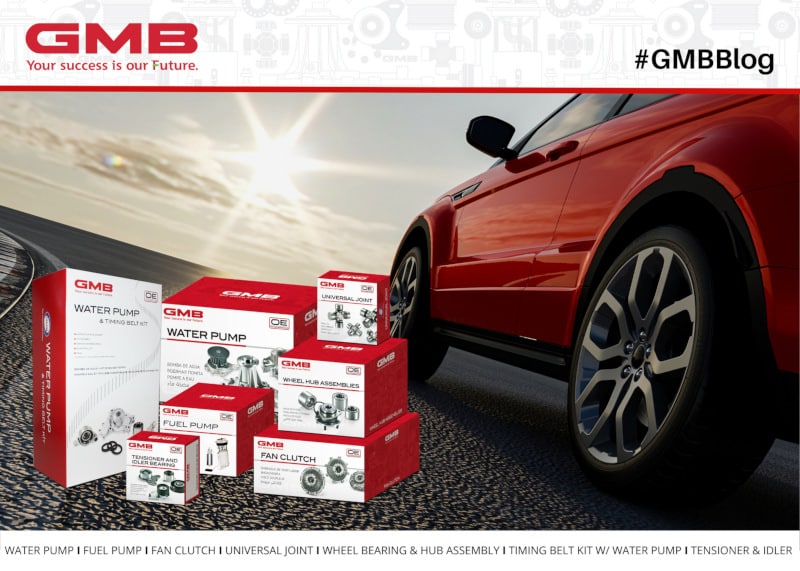Anticipate Summer Auto Part Repairs And Replacement
Winter weather is notorious for imposing hardships on certain car parts, such as wheel hub assemblies. Summer is right around the corner. That means you don’t have to worry about dealing with weather-related car issues until next winter, right?
Not quite. Hot weather can be just as detrimental as cold weather is for vehicles. In fact, the average car repair bill is about 10% higher in the summer than in the winter. You may need to anticipate an increase in the following car issues caused by hot weather:
1. Fan Clutch Failure

Image Credit: 4x4Xplor
Fan clutch failure can happen any time, but it’s much more noticeable in warm weather. It’s because vehicles use the fan clutch the most during the summer. The engine is already hot enough just by operating in warm weather. That means the fan clutch has to work more often to cool the engine. It gets hot too, which helps lead to its failure.
In addition, if your vehicle is equipped with a fan clutch, (most trucks and SUV’s) and that clutch is worn, your AC will not cool well when the vehicle is stopped or idling. The best way to test it, is to run cold water over the radiator while the vehicle is idling. If the temp inside drops considerably, that may be an indication of a worn fan clutch.
The fan clutch plays an important role in cooling an engine. So when it fails, it can cause major engine issues. Be sure to advise your customers to keep a close eye on their engine’s temperature during the summer.
This post has more information about fan clutch issues.
2. Strain On The Wheel Bearings, Hubs, And Universal Joints By Off-Road Tires
As soon as warm weather hits, many off-road enthusiasts bust out their off-road tires. Do your customers fall into this category? Here’s something important they need to know. Off-road tires can put a strain on their truck’s:
- Wheel bearings
- Wheel hubs
- Universal joints
This post has more information about how off-road tires can damage these parts. If your customers switch to off-road tires, they must make sure these parts are protected.
3. Car Battery Failure

Hot weather can be a car battery’s worst enemy. When the weather gets hot enough, the chemical processes inside a car battery can be hindered. When that happens, the battery will struggle to hold a charge or produce enough power. Hot weather is actually harder on batteries than cold weather. Batteries used in hot climates won’t last as long as those used in more balanced or cold climates.
To avoid car battery issues in the summer, encourage your customers to have you check the health of their battery before the hot weather hits. You can do this by getting a voltage meter and checking the battery’s power output. You may also want to encourage your customers to keep jumper cables in their vehicles.
4. Cooling System Failure
A vehicle’s cooling system has a major job: keep the engine working at the right temperature. When the weather is hot enough, the cooling system can become overworked.
A major reason for this is the fact that the extreme heat causes the coolant to circulate around the engine at a higher temperature. This reduces the coolant’s ability to keep the engine cool, which can lead to the engine overheating. This is more likely when the vehicle is traveling at low speeds. It’s because there’s less air coming through the radiator.
The number one cause of overheating is not having enough coolant in the cooling system. Sometimes a simple leak is the problem, and other times it’s something like a head gasket. If you see low coolant in a customer’s car, at minimum you need to fill the coolant tank to full, and inform the customer. Hopefully they are interested in solving the problem.
Another leading cause of cooling system failure is clogged coolant passageways. This is due to coolant degrading and failing to prevent buildup of deposits within the cooling system. Over time, the passageways get smaller, and less coolant can get through. Obviously, this reduces the ability of the system to cool the engine, which becomes noticeable on hot days.
A good way for your customers to prevent this issue from happening is to have their coolant replaced on a schedule. Be sure to use coolant with a high boiling point. If a customer is not ready to replace their coolant, you can use a coolant tester to make sure it’s still in good shape.
5. Tire Punctures And Blow-Outs

It’s common for car tires to get punctures and blow-outs during summer. The big reason for this is that summertime is also construction season. That means there are tons of nails and other sharp debris lying around on roads. Usually a tire has a slow leak for a while before it goes flat. Encourage your customers to check their tire pressure every now and then (once a week, maybe).
6. Quicker Motor Oil Breakdown
Did you know that the heat can degrade motor oil? When a car runs hot, the motor oil thins out a bit. As a result, some parts of the engine aren’t lubricated enough. This can lead to some major engine damage.
Encourage your customers to have their oil changed before summer. Be sure to use high quality oil that can handle high temperatures.
MORE CONTENT
Stay current!
Sign up here to get the latest news
and updates on all things GMB.
Sign Up To Receive GMB News & Updates!

